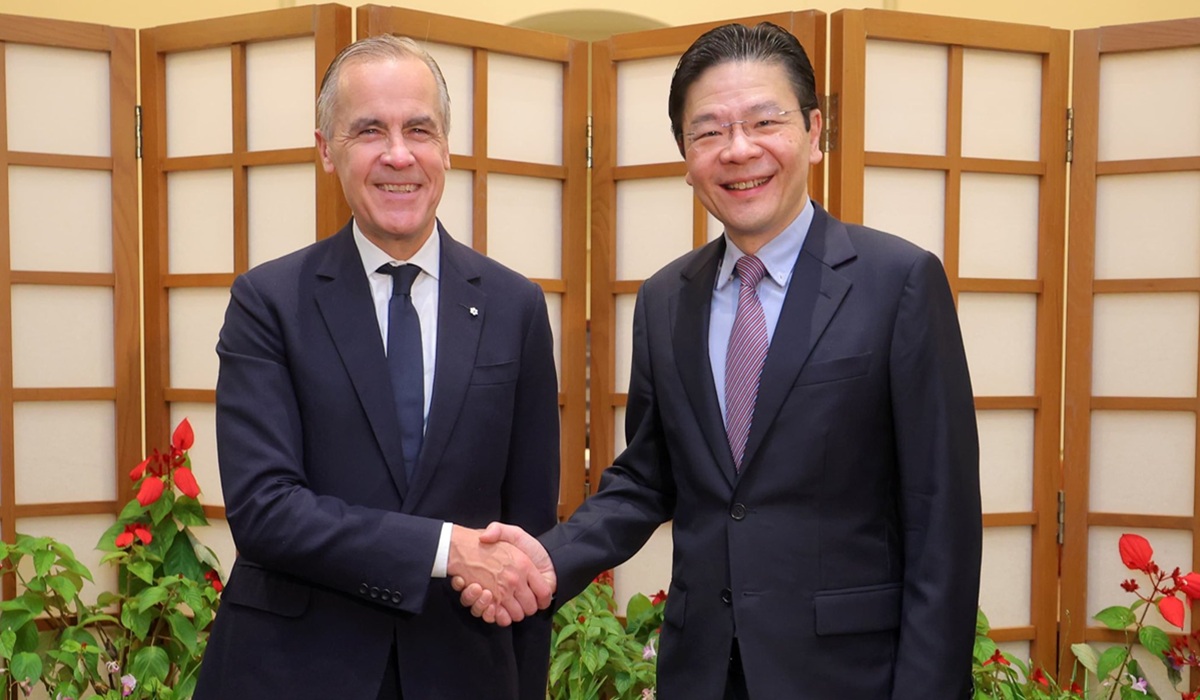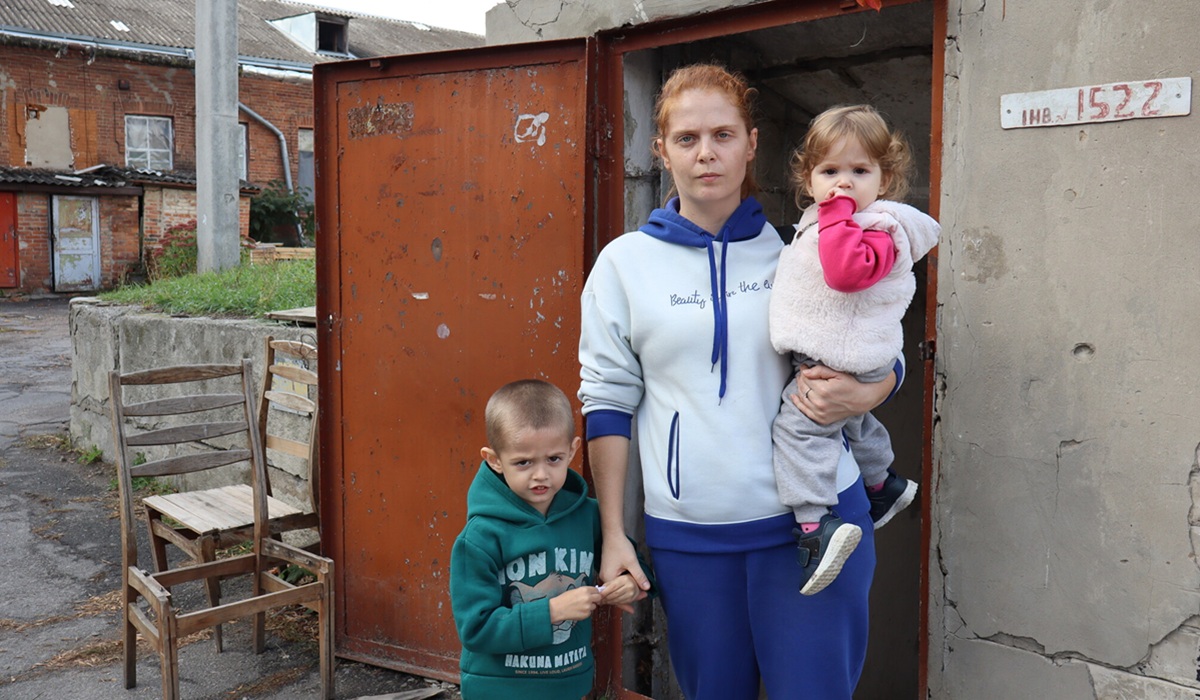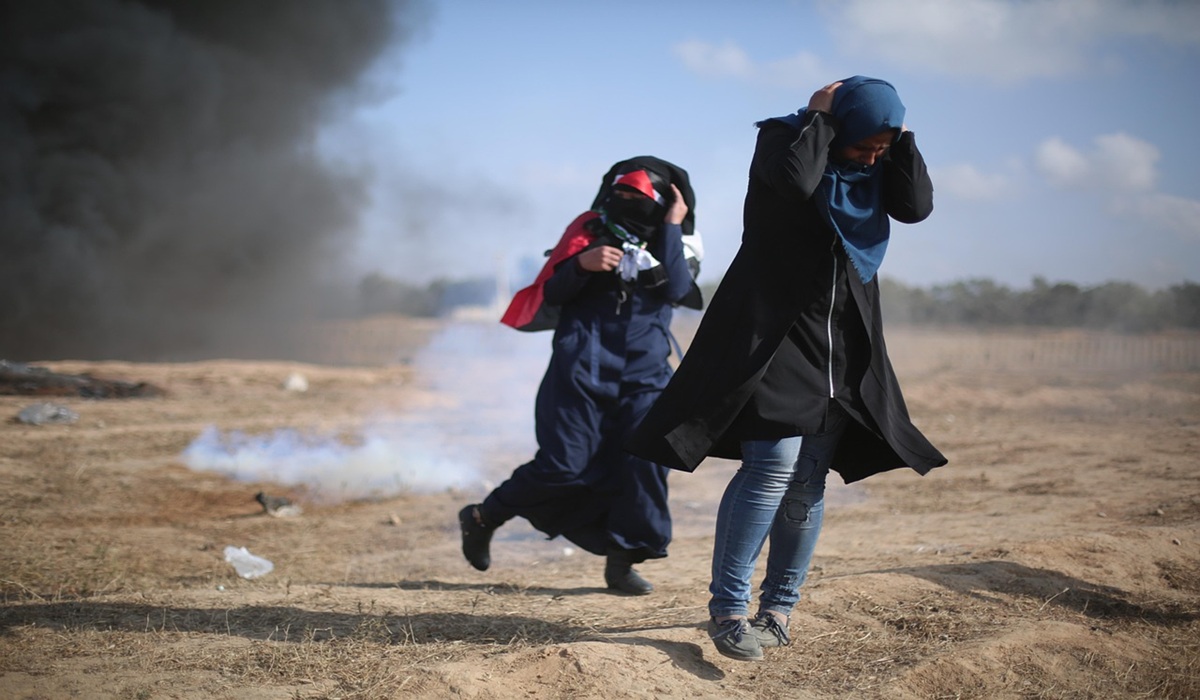Spain Hits Israel with Full Sanctions, Challenging the EU
- Ingrid Jones
- Breaking News
- September 12, 2025

Spain has taken some of the strongest measures in Europe against Israel, escalating from diplomatic criticism to hard sanctions and restrictions that are now codified by the government. In recent days Madrid has imposed a total arms embargo, cutting off all licenses for the sale or transfer of military hardware to Israel. This decision is legally binding and enforced at the national level, reflecting Prime Minister Pedro Sánchez’s declaration that Spain will not be complicit in what he described as the extermination of Palestinians in Gaza. Spanish officials have confirmed that this embargo covers not only direct weapons but also parts, equipment, and services related to the defense sector.
Alongside the embargo, Spain has announced that its ports and airspace will be closed to any vessels or aircraft transporting fuel or military supplies destined for the Israeli armed forces. This is a significant move within the European Union context because it establishes a precedent of denying logistical access, something no other EU state has formally enacted. In addition, Spain has prohibited the entry of goods produced in Israeli settlements, citing international law and the EU’s long-standing position that such settlements are illegal. These actions are paired with new restrictions on individuals: Spain will deny entry to persons it identifies as directly responsible for or complicit in alleged war crimes in Gaza.
The Spanish government has also increased its humanitarian commitments, pledging new funds to UNRWA and other agencies working in Gaza, while calling on the international community to intensify relief efforts. Sánchez has repeatedly framed Spain’s approach as a balance of condemnation of Israel’s conduct and support for Palestinian civilians. His government has emphasized that these steps are not temporary but will be pursued through parliamentary ratification, making them legally anchored in Spanish law. In Spain’s political system, laws may initially be enacted by government decree but require parliamentary approval to remain in force, and Sánchez has indicated confidence that his coalition and allied parties will back the measures.
This assertive stance has created tensions inside the European Union. Other member states have expressed caution, warning that unilateral measures risk undermining a common European foreign policy. The EU typically operates by consensus in foreign affairs, and Spain’s moves highlight divisions between governments that favor a harder line on Israel and those reluctant to go beyond statements of concern. Spain’s actions inevitably place pressure on Brussels, since it now appears that an individual member state can adopt stronger sanctions than the bloc as a whole. For critics, this makes EU policy look ineffective or hesitant. For supporters, Spain is breaking the stalemate and forcing the Union to reckon with public outrage over Gaza.
Spain’s policy is also linked to broader regional diplomacy. Madrid has renewed its call for nuclear talks with Iran, urging the revival of negotiations to bring Tehran back into compliance with the Non-Proliferation Treaty and to restore international oversight by the IAEA. Spanish officials argue that engagement with Iran is necessary not only to contain nuclear risks but also to stabilize the wider Middle East, where the conflict in Gaza and Israel’s military actions have exacerbated tensions. By linking its Israel sanctions policy to nuclear diplomacy with Iran, Spain signals that it sees these issues as interconnected and requiring a comprehensive response rather than isolated measures.
What this means for Europe is uncertain. Spain is pushing boundaries, going further than most of its partners expected. While there is no indication yet of a complete blockade of Israel by Spain, nor of direct enforcement of International Criminal Court arrest warrants, Madrid has been one of the most outspoken supporters of the ICC process. Spanish officials have welcomed the court’s decisions and signaled that they will respect international law if such cases intersect with Spanish jurisdiction. This creates a scenario in which, at least in principle, Spanish authorities could act if an individual subject to an ICC warrant were to arrive in Spain.
The larger consequence of Spain’s policy is that it demonstrates the willingness of a European government to translate political condemnation into enforceable sanctions. If other EU nations follow, Israel could face a much broader set of restrictions within Europe, affecting not only arms sales but also trade agreements, political relations, and access to European markets. If they do not, Spain’s lone stance could expose fractures within the EU and weaken the bloc’s ability to act collectively on foreign policy. For now, Spain has made clear that it has had enough, and its decisions represent one of the sharpest turns in European policy toward Israel in decades.
Would you like me to extend this article toward about 1,200 words with more EU reaction and global implications, or keep it at this current length?








